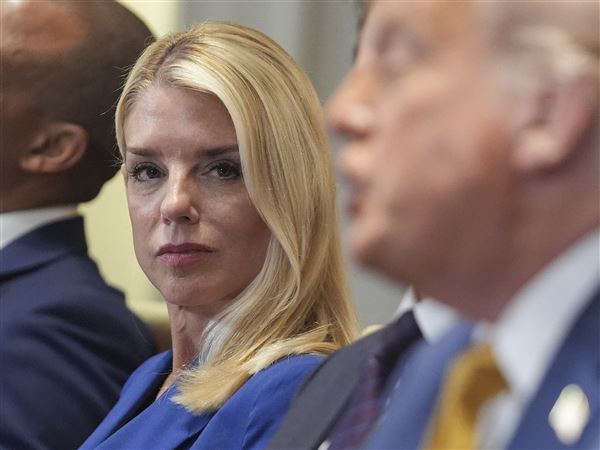The Trump Justice Department has not released a client list related to the late financier Jeffrey Epstein, despite widespread speculation and anticipation. This decision has left many questioning the transparency of the department and its handling of Epstein’s extensive connections.
The U.S. Department of Justice faced significant pressure to unveil a list of Epstein’s associates, particularly following the renewed scrutiny surrounding his criminal activities. Epstein, who was convicted of sex trafficking in 2019, had numerous high-profile connections, which fueled public interest in identifying individuals potentially involved in his illicit operations.
Critics argue that the absence of a client list raises concerns about the commitment of the justice system to hold powerful figures accountable. Many believe that the lack of disclosure serves to protect influential individuals rather than promote transparency. This sentiment has been echoed by various advocacy groups seeking justice for Epstein’s victims.
In recent statements, the Justice Department has emphasized its focus on prosecuting individuals involved in criminal activities rather than publicly naming associates without sufficient evidence. This rationale, however, has done little to quell public demand for a complete accounting of Epstein’s network. The reluctance to disclose such information is viewed by some as a failure to address the broader implications of Epstein’s actions and their impact on victims.
The Epstein case remains a focal point for discussions on accountability and transparency within the justice system. The ongoing fallout from his crimes continues to resonate, as advocates push for a more thorough investigation into his connections. As the narrative evolves, the need for transparency remains critical in restoring public trust in the institutions designed to uphold justice.
With Epstein’s death in August 2019, many anticipated that the Justice Department would take a more proactive approach in addressing the crimes associated with his activities. However, the lack of a client list has led to skepticism regarding the department’s commitment to thoroughness in its investigations.
In light of these developments, attention will likely turn to the newly appointed officials within the Justice Department to see how they address the lingering questions surrounding Epstein’s legacy. As the demand for justice continues, the implications of the department’s decisions will be closely monitored by both the public and advocacy groups alike.
The Epstein saga has not only highlighted the need for legal accountability but has also prompted discussions about the influence of wealth and power in obstructing justice. Moving forward, it remains to be seen how the Justice Department will navigate these challenges and respond to the calls for greater transparency in cases involving high-profile figures.





































































